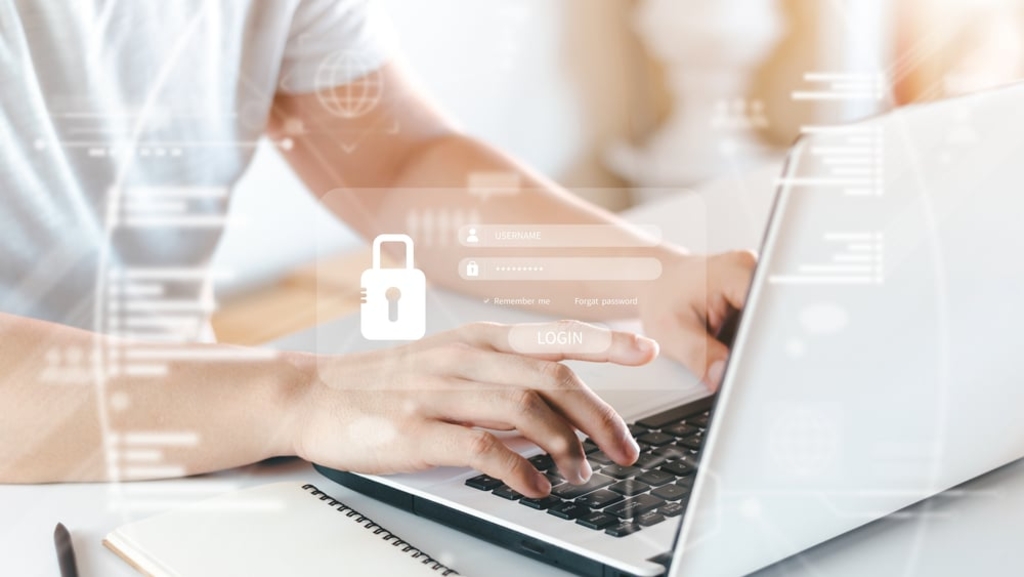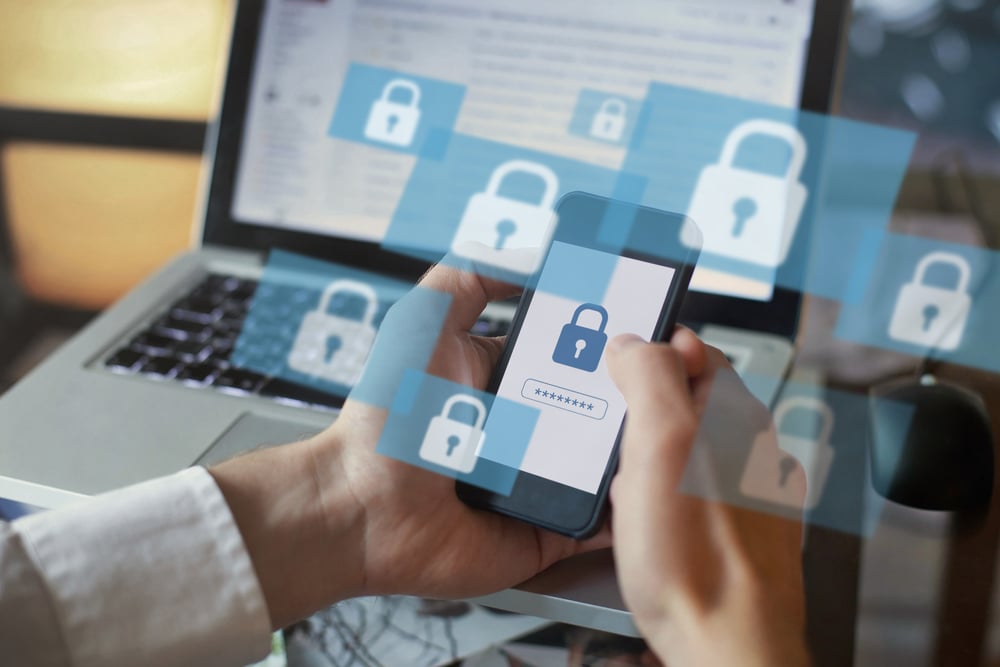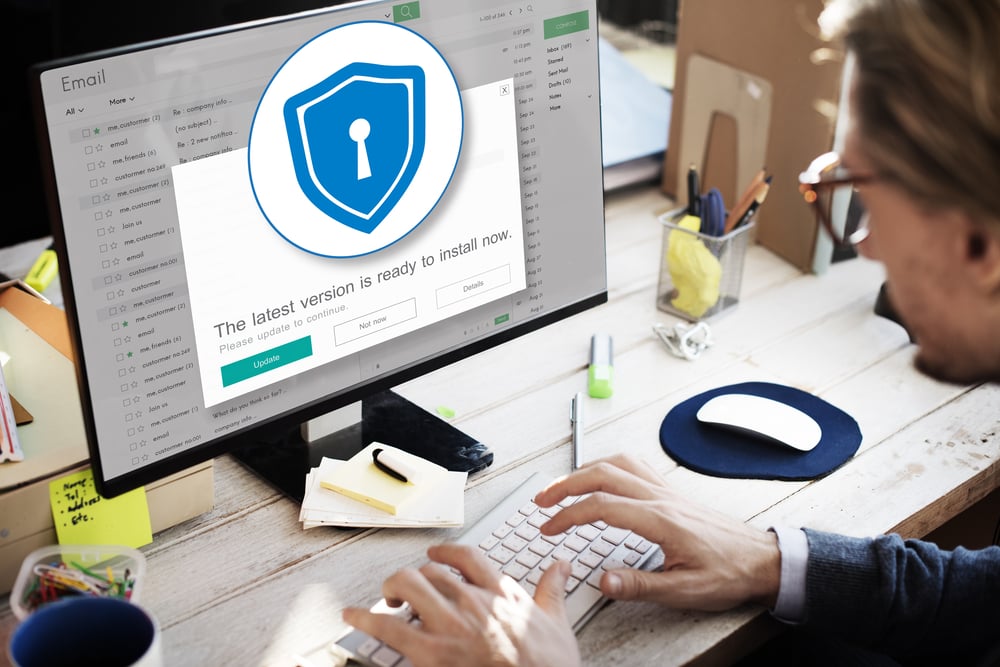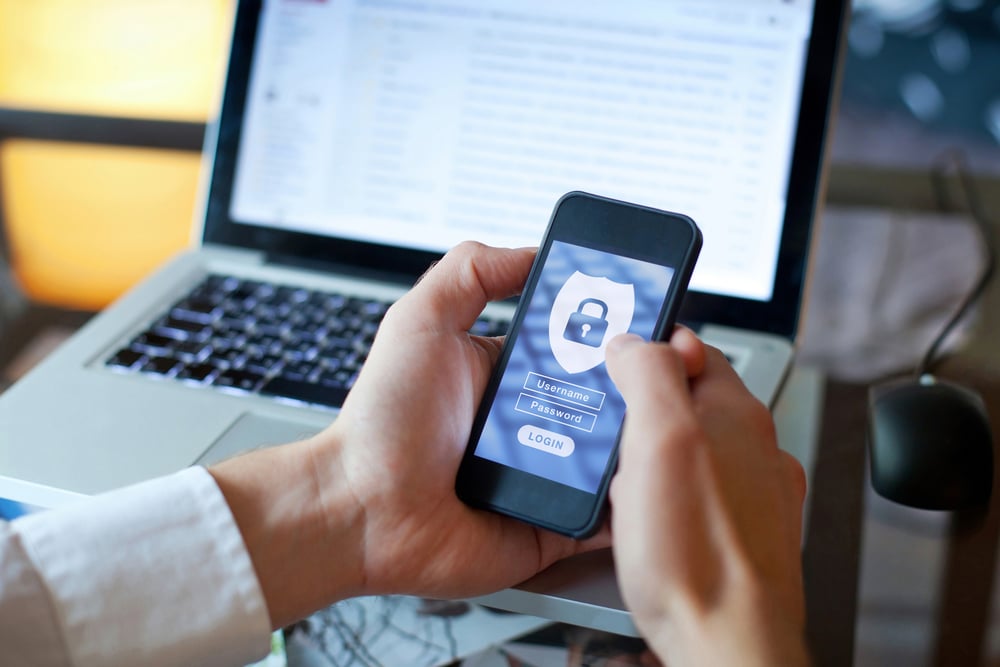How to Protect Your Privacy Online

The internet is a vast and wonderful place, but it can also be a dangerous one if you're not careful. There are all sorts of people out there who would love to get their hands on your personal information, and they can do a lot of damage if they succeed. In this blog post, we will discuss how to protect your privacy online and keep your personal information safe. So read on for tips that will help you stay safe online!
Secure Your Accounts

In the age of the internet, it's important to be mindful of your online privacy. personal information can easily be accessed by hackers and used for identity theft or other malicious activities. One way to help protect your privacy is to secure your online accounts with strong passwords. A strong password is at least 8 characters long and includes a mix of upper and lowercase letters, numbers, and special characters. It's also important to use a different password for each of your online accounts. This way, even if one password is compromised, your other accounts will still be safe. You should also enable two-factor authentication whenever possible. This adds an extra layer of security by requiring you to enter a code from your phone in order to log into your account. By taking these simple steps, you can help keep your personal information private and reduce the risk of being a victim of identity theft or other cyber crimes.
Protect Your Web Browsing

Almost everything we do online is tracked in some way. From the websites we visit to the ads we click on, our online activity is constantly being monitored. While this data collection can be used to improve our online experience, it also raises serious privacy concerns. Fortunately, there are steps you can take to protect your web browsing and keep your personal information private. One of the simplest things you can do is clear your browser cookies regularly. Cookies are small pieces of data that are stored on your computer when you visit a website. They can be used to track your activity and may even contain sensitive information such as your login credentials. By clearing your cookies on a regular basis, you can help protect your privacy. Another way to protect your web browsing is to use a VPN. A VPN encrypts your traffic and routes it through a secure server, making it much more difficult for third-parties to track your activity. Additionally, you should avoid using public Wi-Fi whenever possible, as these networks are often unsecured and easy for hackers to access. By taking these simple steps, you can help protect your web browsing and keep your personal information private.
Antivirus Software

Antivirus software is an important tool for protecting your privacy online. By definition, antivirus software is designed to detect and remove malicious software, including viruses, worms, and Trojans. However, antivirus software can also be used to protect your privacy by blocking unwanted cookies and web browser tracking. In addition, many antivirus programs come with a built-in firewall that can help to block hackers and other unauthorized users from accessing your computer. By using antivirus software, you can help to keep your personal information safe and secure.
Secure Your Mobile Devices

Americans have become increasingly reliant on mobile devices in recent years. We use them for everything from staying in touch with friends and family to managing our finances. However, as our reliance on these devices has grown, so too has the risk of cyber threats. That’s why it’s essential to take steps to secure your mobile devices. One way to do this is to encrypt your data. This process scramble’s the information on your device so that it can only be accessed with a key or password. Another way to protect your mobile device is to install a security app. These apps can help to block malicious websites and prevent unauthorized access to your device. By taking these simple steps, you can help to safeguard your privacy online.


